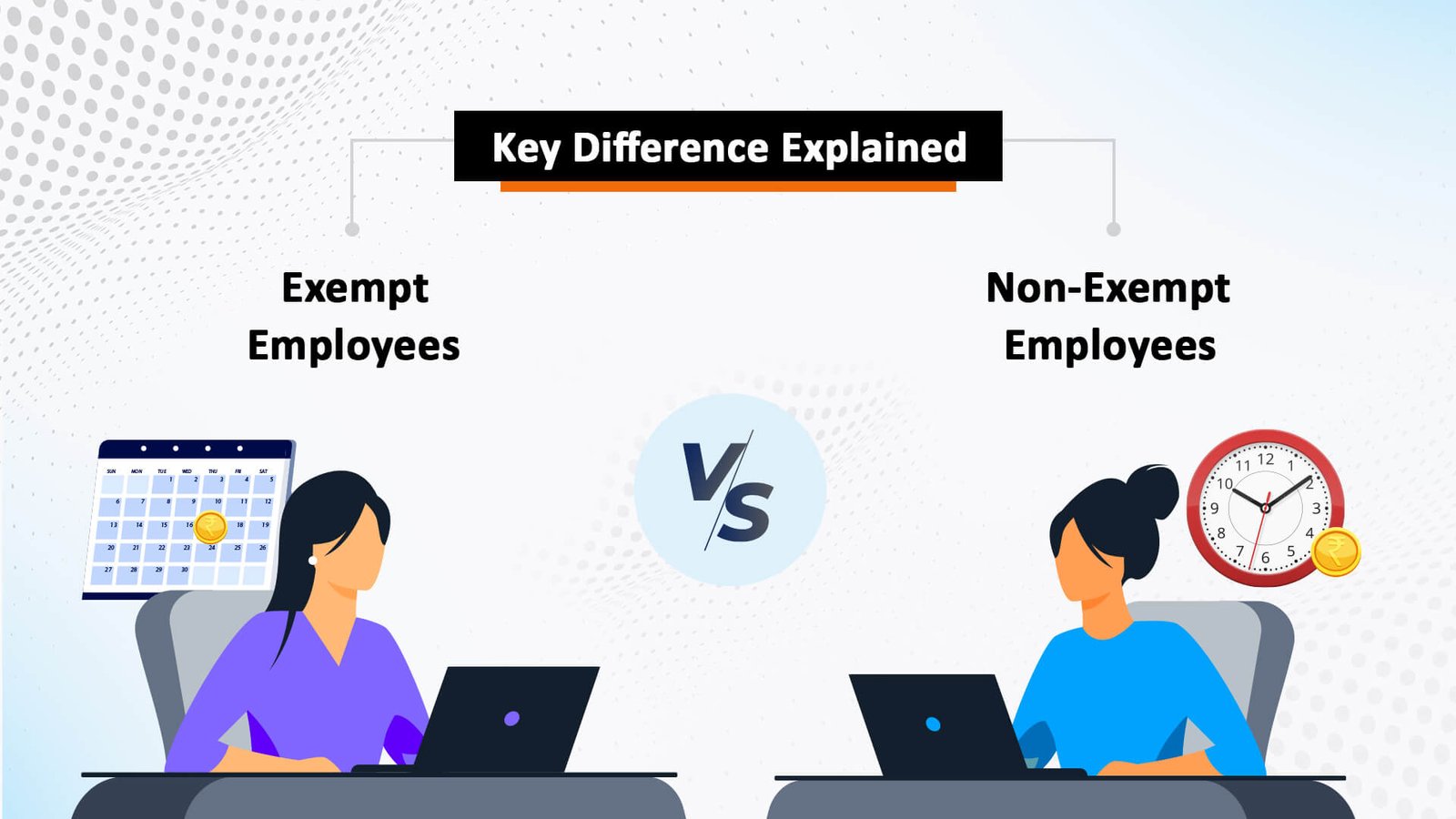Local taxes, which apply to payroll, are additionally imposed by cities, counties, and school districts, all of which are on top of federal and state government taxes. These may be or may be deducted from the wages of employees or may be paid by the employer; it will change from jurisdiction to jurisdiction.
In this blog, you will find a detailed explanation of local taxes that appear on pay stubs.
What Is FICA Tax? A Guide to the Federal Insurance Contributions Act
What Is Local Income Tax?
Many Americans have to pay local taxes along with federal and state taxes. Cities, Counties, Municipalities, and even school districts may impose these local taxes directly from employees’ paychecks. Employers are accountable for accurate tax management and payroll processing to avoid penalties.
The core reason for this tax is to help and fund schools financially, to have better infrastructure, get more sanitation, or even emergency services when required.
Federal taxes and state income taxes are imposed nationwide or statewide, while local income taxes are location-specific. So this simply means that the rate, rules and regulations, and collection methods are different by the city or county.
Many local taxes are deducted from an employee’s paycheck every month by the employer; in some cases, it will be collected through annual returns filed by the employee.
Where Does Local Income Tax Apply?
As we discussed, local income taxes are not nationwide and are imposed by local authorities, so few states levy such taxes in the USA. These states include Pennsylvania, Ohio, Indiana, Maryland, Kentucky, and Michigan.
In the above-mentioned states, cities and municipalities can apply their own tax rules. For example, if you live in City A and work in City B, both can levy their tax on you.
Example:
In Ohio, cities like Columbus charge 2.5% as a local tax on whoever working within city boundaries, no matter where the employee lives.
While in Pennsylvania, employees pay a local earned income tax that depends on their residence and work location. Many also pay a local services tax per annum, depending on the level of income and the rules of the local jurisdiction.
How Is Local Tax Calculated?
If you wonder how locals are calculated, most local income taxes are flat-rated taxes, which means every employee in the locality pays the same percentage of their wages, regardless of income level. The range is between 1% and 3%, which depends on the municipality.
That amount is deducted from the gross wages of workers, the same as federal and state income taxes, and the employer is accountable for calculating the accurate withholding, based on the employee’s work location and residence.
Types of Local Income Taxes
As it varies based on the local authority, it will be categorised as below.
- Resident Tax – Based on where the employee lives. Employers must withhold local taxes if the employee resides in a taxable municipality.
- Non-Resident or Workplace Tax – Based on where the employee works. Even if the employee doesn’t live in the city, local taxes may be owed because they earn wages within city limits.
- In some states like Pennsylvania and Ohio, both residence and workplace taxes may apply. In that case, the Employer is accountable for withholding whichever is higher of the two rates, and in some instances, both, depending on local rules and regulations.
Employer Responsibilities
For businesses that operate
Local income tax compliance can be complicated for organisations with various sites or remote employees. Here’s what employers should keep in mind:
Determine Taxable Locations
Find out whether your employee’s residence or work location is in a locality that imposes income tax.
Register with Local Tax Authorities
Before withholding local taxes, employers may be required to register with the city or municipality’s tax agency.
Accurate calculation
As an employer, you can use payroll software or many online tools, such as StubCreator, to create accurately calculated pay stubs and employees’ wages.
Timely Payments and Filings
Employers must submit taxes to either the relevant local authority, determined by the monthly, quarterly, or annual jurisdiction. Late or incorrect payment can lead to a penalty.
Provide Documentation
Withheld amounts must be reported on employee pay stubs under labels such as “Local Tax,” “City Tax,” or “EIT.” Annual W-2 forms should also reflect total local tax withheld in Box 19.
Tools and Resources
To manage local income taxes efficiently, employers can:
- Use modern payroll software that includes local tax calculation features.
Refer to certified government resources like:
- PA Municipal Statistics – Local Tax Register
- Ohio Department of Taxation – Municipal Tax
- Indiana Department of Revenue
- Maryland Local Tax Rates
Local Services Tax (LST) – Pennsylvania Only
In many states, like Pennsylvania, employees may find a special tax known as the local service tax, which they can also find on their pay stub along with federal and state deductions, most of which are small in amount. These types of taxes play an important role in funding critical services at the local level, such as municipal services. Employers and employees have better managed payroll expectations and maintain compliance by being aware of how this tax operates.
What is the Local Services Tax?
The Local Services Tax (LST) is a tax collected by certain municipalities and school districts within many states. It is for those who are working out of particular local areas, irrespective of where they may reside. Unlike income taxes that are a percentage of earnings, the LST is a flat fee set by a local government, typically between $10 and $52 a year.
This tax has nothing to do with how much you make overall. It’s not based on homes the way property taxes are, but rather is a flat amount divided equally by all workers who fit a particular profile within that area. It’s usually a small amount, eased out of employees’ paychecks for a year, so it’s manageable and not so conspicuous.
How Is the Local Services Tax Collected?
Instead of cutting the full amount in total, employers divide the tax into small parts, which you pay. If you receive a paycheck weekly and pay $ 52 per year, the employer can remove $1 per week. If you pay monthly, the deduction will be around $ 4.33 each month.
This approach makes LST more manageable for employees. Instead of being hit with a large amount cut at a time, you will see that only a small part comes out of each salary. Employers are responsible for ensuring that this process is made correctly and that this payment is presented to the relevant local authority in time.
Who Has to Pay the LST?
Local service fees apply only to individuals who work physically within the municipality or the school district as a tax. It doesn’t matter where you live, where you work. If your job is located in a city that charges this tax and you meet income criteria, you must pay it.
In most areas, the tax only kicks your annual income more than a certain threshold, often set at $ 12,000. This income limit is designed to protect low-income individuals and employees from an extra burden of other taxes. If you make less than the threshold, you can request a discount.
Essentially, if you work in an area that charges LST and you earn the minimum amount, the tax will be deducted from your paycheck.
What Does the Local Services Tax Help Fund?
The money collected through LST leads to maintaining the necessary local services in the area where you work. These services not only benefit the citizens, but also anyone who spends time there, including daily travelers and temporary workers.
Here are some examples that support LST revenue:
- Local police and the fire department.
- Medical Services.
- Road repair and removal of ice.
- Street lighting and sanitation.
- Infrastructure improvements.
These services are necessary to keep local communities safe, clean, and functional. Even if you do not live in the municipality where you work, there is a possibility that you will benefit from these services. LST ensures that people who use these local resources also contribute to maintenance.
Employer Responsibilities Under LST Rules
Employers play an essential role in the LST process. They are responsible for ensuring that the tax is stopped properly, timely presented to the local tax office, and registered properly.
What employers need to do here:
- Local taxes, which apply to payroll, are additionally imposed by cities, counties.
- Based on the tax rules in this municipality, you cut the right amount from the salary of each employee.
- Depending on the plan for the local tax office, submit monthly or quarterly collected funds.
- Keep all cuts, payments, and dispensation certificates.
Employers who do not follow the rules may fail to register, cut the wrong amount, or miss the deadline for non-payment can result in penalties, interest fees, or even audits. It is therefore essential that the business understands and follows all local tax requirements.
What If an Employee Works for Multiple Employers?
In cases where an employee has more than one job in a municipality that applies to LST, the law ensures that they do not pay taxes more than once. Only an employer should cut LST.
In order to avoid being taxed several times, it is the employee’s responsibility to tell their other employers that the tax has already been imposed from another job. They can do this by presenting documents, usually from an additional employer, to a form called the Local Service Tax Exemption Certificate.
Employers who receive such certificates must be placed to show proof of compliance. It protects both employees from double taxation and any responsibility to the employer.
Can Employees Be Exempt from the LST?
Yes, exemptions are available under certain conditions. An employee may request not to have the LST withheld if:
They expect to earn less than the income threshold for the year (often $12,000).
They are already having the tax withheld by another employer in the same jurisdiction.
To apply for an exemption, the employee must complete a Local Services Tax Exemption Certificate and provide it to their employer. These forms are typically available on the local tax office’s website.
It’s important to note, though, that if the employee ends up earning more than the income limit by the end of the year, they will be required to pay the full tax retroactively. Employers may need to adjust deductions later.
Why the Local Services Tax Matters?
While LST is a relatively small tax, it plays a vital role in maintaining the local community where people work. Clean roads, functional traffic lights, emergency services, and well-maintained public areas require funds. LST helps ensure that people who benefit from working in a society, whether they live there or not, help pay for the services they use.
For employees, it is important to understand LST because it explains why a small incision appears on your wage stump. This is not just another random fee; This is a contribution to the community you participate in during your work day.
For employers, it is important to meet LST requirements to avoid financial punishment and maintain a good position with local tax authorities. Proper restrictions, timely payments, and accurate record keeping are important to stay on the right side of the law.
School District Income Tax – Ohio and Pennsylvania
In the states of Ohio and Pennsylvania, employees can see an extra tax line on the past label as SDIT or school district income tax. While most pay cuts are known, such as federal income tax, social security, and state income taxes are common, there are local tax -specific. It directly supports the public school district where an employee lives, instead of where the employee lives, not where they work. Understanding how this tax works, what affects it, and how it is gathered is equally vital to both employees and employers.
What is the income tax on the school district?
Tax on the school district is a local tax that the individual school districts in the state say to help in public education. Unlike the extensive local taxes implemented by cities or counties, the income tax on the school district is levied on the home employee, not in the workplace for employment.
This means that even if someone works in their city or county, they can be taxed by the school district where they live. It is the employer’s responsibility to send this tax to withdraw this tax and send it to the authority after deducting this tax.
Where does this apply?
At the moment, this tax is mainly used in Ohio and Pennsylvania. In Ohio, more than 200 school districts have implemented an income tax. These taxes are based on either employee income or total income, which is based on the tax structure in the district.
In Pennsylvania, schools can impose a residence-based income tax, which can be combined with other local taxes such as locally earned income tax (LEI) and regional service tax(LST).
Final Thoughts
Local income tax can be a hidden match risk for unknown employers where they work. Although your business is based in a state that does not impose local income tax, distance workers or satellite offices in other states can create unexpected obligations.
Using the StubCreator tool to generate pay stubs makes this hard work much easier, and conducting a detailed and accurate calculation is the best way to ensure compliance and keep the employees’ wages accurate and valid.
FAQ's
What are employee paid local payroll taxes?
+
Employee paid local payroll taxes are taxes deducted from an employee's wages by their employer to fund local government services, like schools and infrastructure.
How do local payroll taxes differ from federal and state taxes?
+
Local payroll taxes are specific to the region (city or county), whereas federal and state taxes apply nationwide or statewide, with rates and rules that vary.
Who is responsible for withholding local payroll taxes?
+
Employers are responsible for withholding local payroll taxes from their employees' wages and remitting them to the appropriate local authorities.
How can I ensure compliance with local payroll tax laws?
+
To stay compliant, ensure accurate withholding, keep track of local tax rates, and file required tax returns on time. Consulting with a payroll expert can also help.





